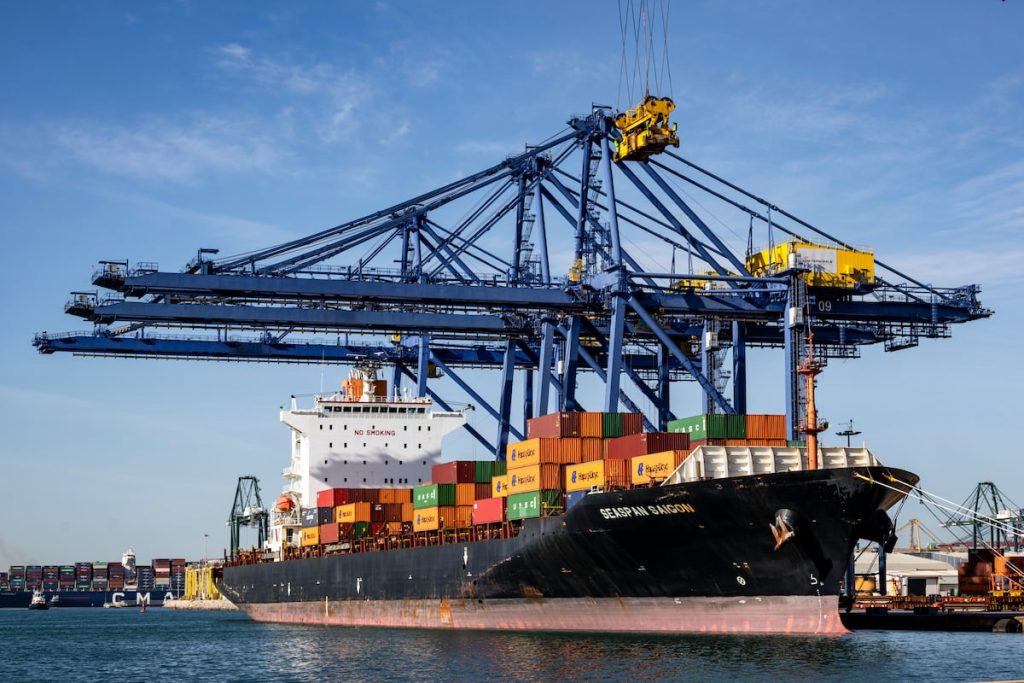Fitch, the credit rating agency, maintains Spain’s rating at A-, citing the resilient tourism sector and improving labor market as reasons for the stability in the country’s economy. However, they also point out the political fragmentation as a hindrance to fiscal consolidation, debt reduction, and broad reforms. Fitch expects the Spanish economy to outperform its European peers, with a projected GDP growth of 2.1% for this year, higher than the eurozone average. The agency attributes this positive outlook to the economic strength of households and businesses, low indebtedness, and the increasing impact of European recovery funds.
Fitch highlights the performance of Spain’s labor market, describing it as one of the best in terms of employment growth following the pandemic. The agency notes a 7.3% increase in employment in Spain since late 2019, compared to a 4% average growth in the eurozone. They attribute this positive trend to the effects of labor market reforms, which have improved job stability by imposing greater restrictions on temporary contracts. Despite these positive developments, Fitch also points out Spain’s high debt levels, which stood at 107.7% of GDP at the end of 2023. Although this represents a decline of 12.6 percentage points from the peak during the pandemic, Spain remains the fourth most indebted economy in the eurozone, with a debt-to-GDP ratio more than double the average of A-rated countries.
The agency also raises concerns about the political situation in Spain, noting that the minority government coalition led by Pedro Sánchez continues to face challenges in legislation. The reliance on support from independent parties adds further instability to the legislative agenda, as seen in the delays in budget negotiations for 2024. Fitch emphasizes the need for Spain to meet key milestones to access European funds as agreed upon with Brussels. While major reforms, including the second part of pension reform, have been approved, progress is still required on the committed fiscal reform as part of the recovery plans. This reform will be part of the fifth payment, as the government is currently negotiating the fourth installment of Next Generation EU funds.
In addition, Fitch points out that Spain’s debt exceeds the 3% deficit limit set by European fiscal rules, although analysts expect the government to reduce it to that level this year. The agency acknowledges that Spain has made progress in implementing important reforms but emphasizes the need to continue advancing the fiscal reform outlined in the recovery plans. As Spain navigates the challenges posed by its political landscape and economic pressures, the timely and effective implementation of reforms will be crucial in ensuring sustainable economic recovery and growth.
Overall, Fitch’s assessment of Spain’s economic outlook reflects a mix of positive trends, such as strong household and business economic performance and labor market resilience, as well as challenges stemming from high debt levels and political fragmentation. The agency’s confidence in Spain’s ability to outperform its European peers underscores the potential for continued economic growth and stability, provided that key reforms are successfully implemented. As Spain continues to navigate a complex economic and political environment, the focus on addressing structural challenges and fostering a favorable business climate will be essential in sustaining long-term economic prosperity.














